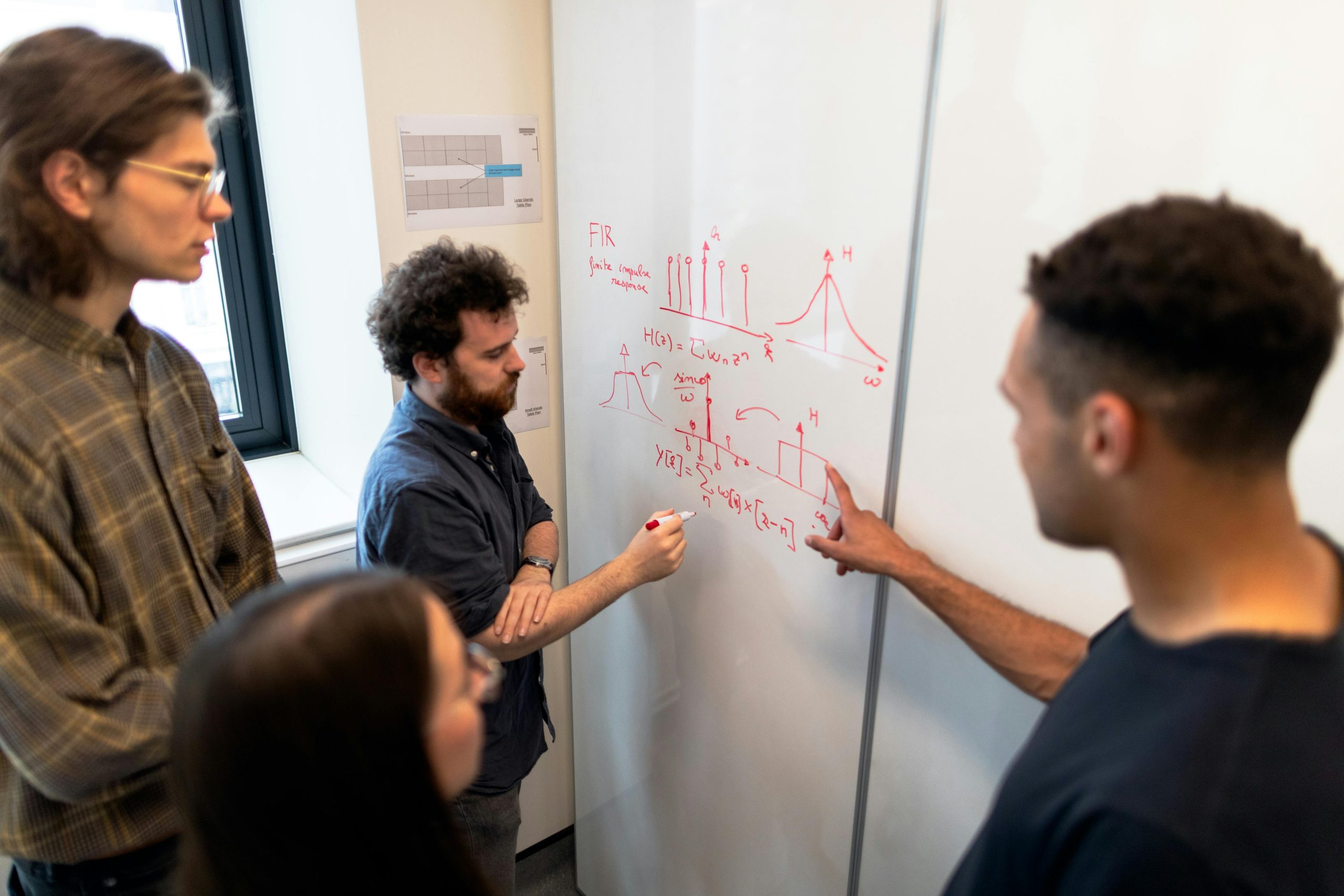The Rise of Data Science and AI in Higher Ed: How Salaries Are Shifting with Demand
As data science and artificial intelligence (AI) continue to transform industries, higher education is adapting rapidly. Universities are now investing significantly in data science and AI programs, aiming to prepare students for an AI-driven future. This shift is also creating opportunities for faculty with expertise in these areas, resulting in higher salaries and enhanced employment benefits for specialists in data science, AI, and related fields.
Increasing Demand for Data Science and AI Expertise
The growing integration of data science and AI across sectors has led to an unprecedented demand for qualified professionals in these fields. According to the Bureau of Labor Statistics, data-related occupations, such as data scientists, machine learning engineers, and AI specialists, are projected to grow at much faster rates than the average for other careers. In response, universities are adding programs and expanding research initiatives in data science, AI, and machine learning to keep pace. The result is an increase in job openings for faculty specializing in these areas, which has driven up competition and salaries for these roles.
Salary Trends for Data Science and AI Faculty
With the increase in demand for data science and AI knowledge, salaries for professors and lecturers in these fields are rising. According to a report by the American Association of University Professors, faculty salaries in technical fields like data science and computer science have increased faster than those in traditional academic fields. The salary gap reflects both the higher demand for data science expertise and the need to attract professionals who might otherwise work in private industry, where data science and AI roles are also highly compensated.
In 2025, entry-level positions for data science and AI faculty are expected to command significantly higher salaries than entry-level roles in other academic fields. Many universities are offering starting packages that include competitive salaries, research funding, and access to state-of-the-art facilities. Mid-career and senior faculty in data science are also seeing substantial salary increases, as universities compete to retain experienced professors who can lead innovative research and attract grants.
Industry Competition Driving Salary Increases
The academic world is not alone in seeking data science and AI professionals. Private industry giants, particularly in the technology and finance sectors, continue to offer attractive compensation packages to data scientists, often with salaries far outpacing those in academia. To compete, universities are having to reassess their compensation structures. As a result, some universities have started offering signing bonuses, annual retention bonuses, and performance-based salary adjustments to attract and retain data science and AI experts.
Benefits Beyond Salary: Retaining Data Science Talent in Academia
In addition to higher salaries, universities are also offering robust benefits to attract talent in data science and AI. Flexible work arrangements, opportunities for research sabbaticals, and interdisciplinary collaboration are becoming increasingly common in higher education. Some institutions are also providing faculty with the resources to develop their own research initiatives, offering funds to set up labs and access advanced computational tools. These benefits appeal to data science and AI professionals, many of whom prioritize research opportunities and intellectual freedom.
Future Prospects
As data science and AI continue to shape industries, higher education will likely see continued demand for faculty in these fields. This demand will sustain salary growth and competitive benefits packages, keeping data science and AI positions among the best-compensated in academia. Universities will need to continue innovating to attract and retain top talent, balancing compensation with the benefits of working in academia, such as flexibility, job security, and the opportunity to impact the next generation of data science professionals.
Overall, the rise of data science and AI is redefining the landscape of higher education, creating lucrative opportunities and setting new standards for faculty compensation in technical fields. This trend underscores the importance of data science and AI in academia, not only for advancing research but also for shaping the future of education and industry alike.

